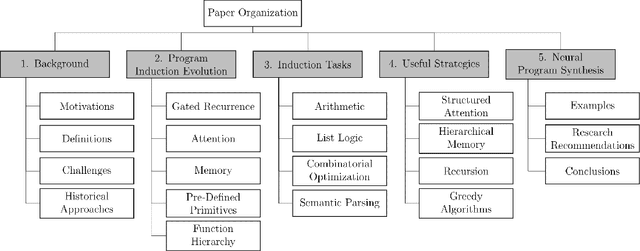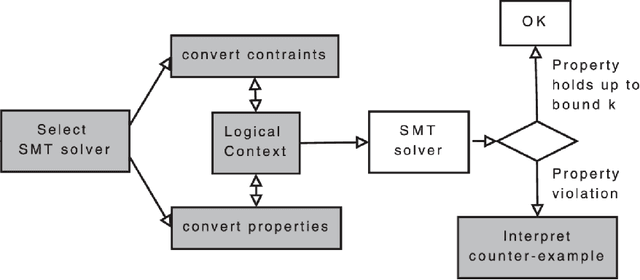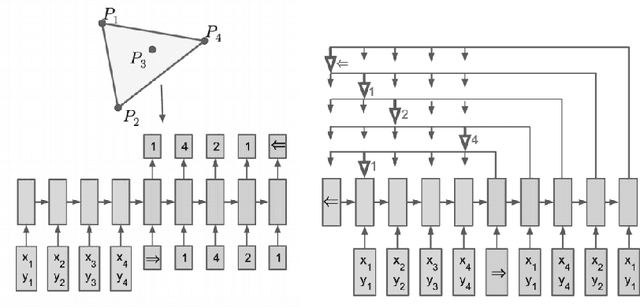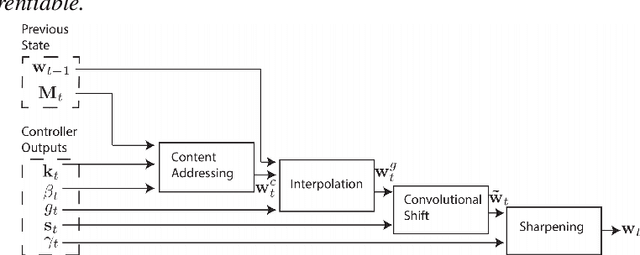Recent Advances in Neural Program Synthesis
Paper and Code
Feb 07, 2018



In recent years, deep learning has made tremendous progress in a number of fields that were previously out of reach for artificial intelligence. The successes in these problems has led researchers to consider the possibilities for intelligent systems to tackle a problem that humans have only recently themselves considered: program synthesis. This challenge is unlike others such as object recognition and speech translation, since its abstract nature and demand for rigor make it difficult even for human minds to attempt. While it is still far from being solved or even competitive with most existing methods, neural program synthesis is a rapidly growing discipline which holds great promise if completely realized. In this paper, we start with exploring the problem statement and challenges of program synthesis. Then, we examine the fascinating evolution of program induction models, along with how they have succeeded, failed and been reimagined since. Finally, we conclude with a contrastive look at program synthesis and future research recommendations for the field.
 Add to Chrome
Add to Chrome Add to Firefox
Add to Firefox Add to Edge
Add to Edge